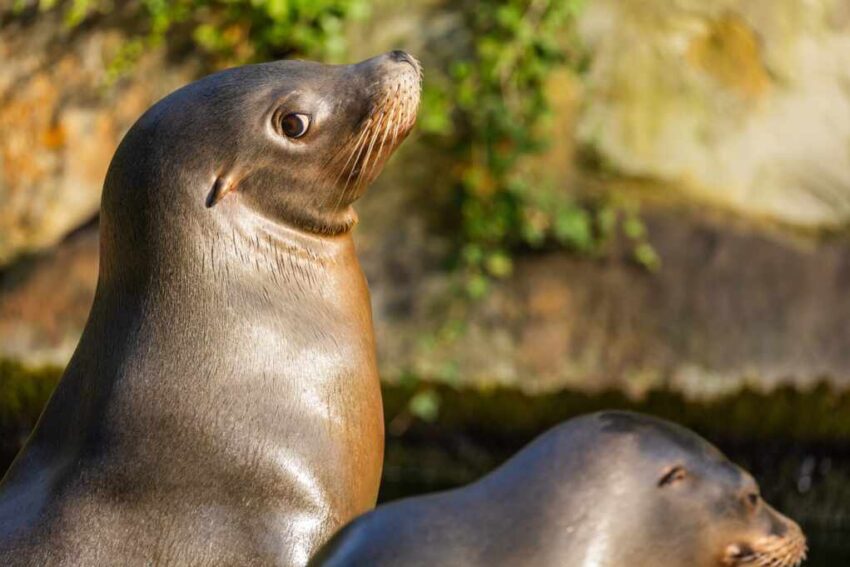Federal wildlife protection laws have forced the indefinite closure of a popular California beach, leaving taxpayers locked out of their own coastline while sea lions receive priority access.
Story Overview
- San Carlos Beach in Monterey is closed indefinitely as hundreds of sea lions occupy the public shoreline.
- The Marine Mammal Protection Act prioritizes federal wildlife protection over citizen beach access.
- Local businesses and residents are suffering economic impacts from the closures, with no reopening timeline.
- Government officials admit the closure depends on unpredictable animal behavior.
Federal Law Prioritizes Wildlife Over Citizens
The 1972 Marine Mammal Protection Act has been cited by city of Monterey officials as a reason for barring citizens from San Carlos Beach. The act makes it illegal to “harass” marine mammals, giving authorities the power to restrict access to public spaces. This has raised questions about the balance between animal welfare and citizen access to public property.
Economic Impact on Local Communities
The indefinite beach closure is having a negative effect on local businesses that depend on tourist revenue and recreational activities. Scuba divers, beachgoers, and tourists are losing access to a prime Monterey Bay location adjacent to historic Cannery Row. Small business owners are facing declining foot traffic while government officials offer no timeline for reopening the beach. The closure affects not just immediate beach access but broader tourism patterns, highlighting the economic impact of such a decision.
A Beach in Monterey is closed once again as sea lions crowd the shoreline. pic.twitter.com/0a4RORYVgF
— The Epoch Times—Southern California (@EpochSoCal) August 28, 2025
Government’s Indefinite Timeline Reveals Poor Planning
Monterey officials have admitted they have no scheduled reopening date, with beach access entirely dependent on when the sea lions decide to leave. This has been seen by some as a failure of the government to balance legitimate conservation with citizens’ rights to public spaces. The beach closed initially in June 2025, briefly reopened, then closed again in August, with no end in sight. Sister City Park faces similar monitoring for potential closures, suggesting this pattern could expand to additional public areas.
Pattern of Environmental Overreach
The San Carlos Beach situation has been cited as an example of how environmental regulations can restrict American freedoms. Previous closures occurred in August 2024 and multiple times in 2025, establishing a pattern of government choosing wildlife accommodation over citizen access. Officials require maintaining a 150-foot distance from sea lions, effectively creating exclusion zones that render beaches unusable even when partially accessible. This sets a precedent for similar closures at other coastal sites across California, where environmental activists continue pushing policies that prioritize animals over people’s constitutional rights to enjoy public spaces.
Sources:
Cannery Row Beach Closes Due to Sea Lion Activity
California Beach Closes for Sea Lions
California Sea Lions Take Over San Carlos Beach
Monterey Temporarily Closes Public Access to Cannery Row Beach
Click this link for the original source of this article.
Author: Editor
This content is courtesy of, and owned and copyrighted by, https://conservativeamericatoday.com and its author. This content is made available by use of the public RSS feed offered by the host site and is used for educational purposes only. If you are the author or represent the host site and would like this content removed now and in the future, please contact USSANews.com using the email address in the Contact page found in the website menu.





